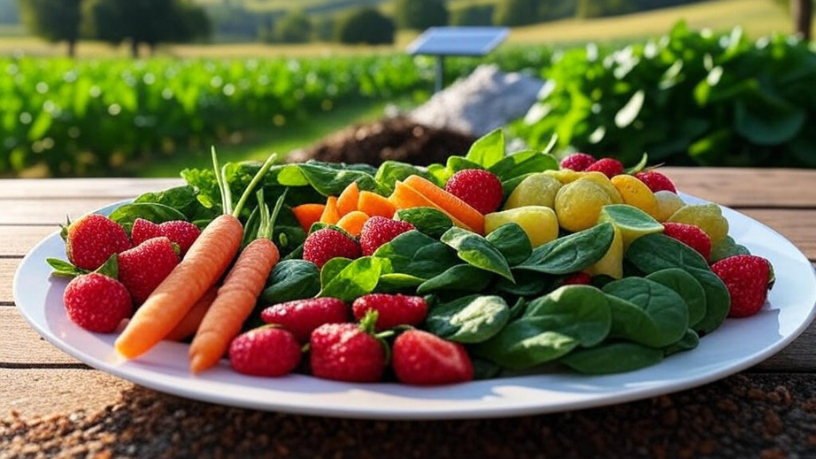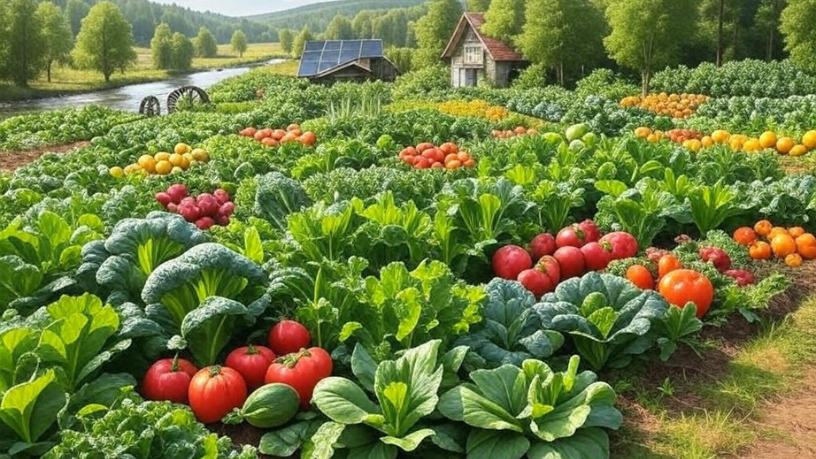Have you ever stopped to think that the choices we make at the supermarket or restaurant can impact the environment? According to expert Pablo Said, sustainable eating goes beyond what’s on your plate—it’s about how food is produced, transported, and consumed. With that in mind, throughout this article, we’ll explore how our food choices affect the environment and how we can eat more consciously.
How Do Food Choices Affect the Environment?
According to specialist Pablo Said, food production is one of the most resource-intensive activities, using large amounts of water and land. Red meat, for example, requires vast grazing areas and emits gases that contribute to global warming. On the other hand, vegetables and grains—especially when organically grown—tend to have a lower impact, as they use fewer pesticides and help preserve biodiversity.
Another important point is food waste. Tons of food are thrown away every day, increasing pollution and wasting energy. So, when we choose to buy only what we need and make better use of food, we reduce this impact. In other words, small actions, like planning weekly meals, already help reduce waste.
Which Foods Are More Sustainable?
Local and seasonal foods are great options for a sustainable diet since they don’t need to be transported long distances, reducing pollutant emissions, as Pablo Said highlights. Fruits and vegetables grown in your region also tend to be fresher and more nutritious because they’re harvested at the right time.

Additionally, including more plant-based foods and less meat on your plate is a powerful way to reduce your ecological footprint. Legumes like beans and lentils are rich in protein and have a much lower environmental cost than meat. You don’t need to become a vegetarian, but finding a balance already makes a difference.
How Can You Adopt More Sustainable Eating Habits?
Start by paying attention to where your food comes from. Choosing local producers and brands that support sustainable agriculture is a great step. Avoiding plastic packaging and bringing your own shopping bag also helps reduce waste, as noted by expert Pablo Said.
Another helpful practice is trying new recipes using ingredients you never thought to use. For example, vegetable peels can be turned into nutritious flours or flavorful broths. That way, creativity in the kitchen helps you make the most of your food and reduce waste.
Small Changes on Your Plate, Big Results for the Planet
In summary, adopting sustainable eating habits doesn’t mean changing everything overnight—it’s about making more conscious choices, little by little. Every meal is an opportunity to care for the planet and our health. So, when we rethink what we put on our plates, we contribute to a more balanced future. How about starting today?
Author: Halabeth Gallavan







